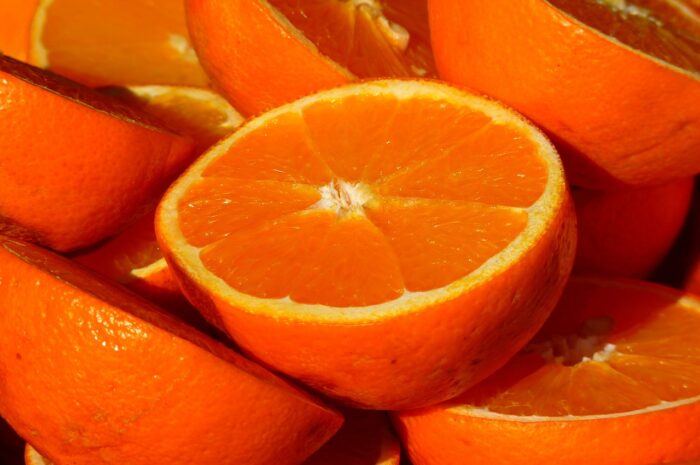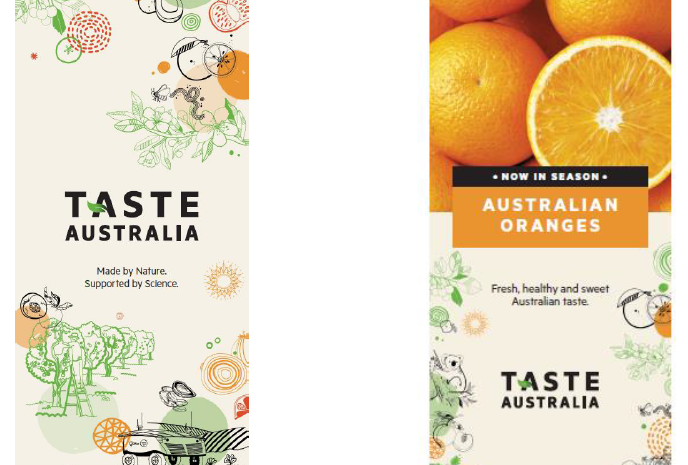West Australian avocado growers are dumping fruit because it’s not worth the cost of packing and sending it to market.
Avocado prices have plummeted to just $18 a tray on the back of a massive national crop and a record production year in WA, which has led to an oversupply of product.
Slow sales into Sydney and Melbourne – WA’s key domestic markets – have added to downward price pressures after lockdowns shuttered the food service industry for months.
Grower Vic Grozotis says he’s been forced to discard perfectly good lower-grade fruit in a pit on his farm at Manjimup, about 300 kilometres south of Perth.
He says the fruit, which has purely cosmetic defects, would have been sold to the food service industry in a normal production year.
“We’ve had to dig a hole to bury a lot of the avocados we can’t sell,” he said.
“To have to dump fruit which had a commercial return last year and has a zero return this year has a big impact on farmer’s bottom line and some farmers are losing money this year.
“It’s disappointing, the resources that go into producing avocados — it’s quite high and it’s expensive.
Imports continue amid domestic supply glut
This season, 8.2 million trays of avocados are expected to be picked in WA — a 233 per cent increase on last year’s crop.
With so much fruit produced domestically, growers like Mr Grozotis are questioning why major retailers are still importing fruit from New Zealand.
Industry data shows that tens of thousands of trays of overseas fruit is being brought in to be sold on Australian supermarket shelves every week.
Twenty per cent of fruit that’s being sold in Australia is imported, and that could be sourced from Western Australia,” he said.
“Industry has told our supermarkets that there would be more than adequate production from Australian produce, but they seem to have ignored that.
“We need to get retailers on board will selling 100 per cent Australian fruit, particularly in Queensland. They are denying Australian consumers the option to purchase Australian fruit.
“You’d think you’d see our supermarkets giving a full commitment to Australian producers, particularly in these difficult times.”
Hopes of import phase-out
Avocados Australia CEO John Tyas hoped major retailers would phase out the imports as the Australian crop reached a consistently self-sufficient production level.
“This year we clearly don’t need to see any imported avocados as you can see by the prices,” he said.
“We could easily supply all the avocados that are needed in Australia this year.
“But I guess New Zealand has been in Australia for a long time and they can’t turn the tap off overnight.”
Mr Tyas said the industry body wanted to see importation of fruit phased out as Australian production grows.
“I think ultimately that’s what will need to happen over the next few years as we can meet demand week-in-week-out there will be less of a need for that product,” he said.
Exports still challenging
While export markets will be key to balancing future domestic supply gluts, developing consistent trade ties with overseas markets will take time.
Many international markets are already importing fruit from lower-cost competitor countries such as Chile and Peru.
This season unprecedented freight and logistics challenges has made it even harder to access overseas markets.
“It’s very difficult to get containers and air freight is very expensive so the export market at the moment is extremely difficult,” Mr Grozotis said.
Adjusting to the new normal
At the national level, this year’s harvest is tipped to reach 120,000 tonnes, up from around 39,600 tonnes in 2010.
Manager Alan Blight fears supply gluts will become the new normal, because only half of national avocado tree plantings are at maturity.
“Conditions were good for productivity this year but there are also an awful lot of trees that have been planted that weren’t producing this year,” he said.
“It’s hard to see with all of the trees in the ground people making money into the future.”
In the meantime, Mr Blight hoped consumers would take advantage of the cheap produce available.
“There has never been a better opportunity to get in and try avocados and start the habit today, become addicted,” he said.
Source:
WA Country HourBy Jessica Hayes and Lucinda Jose
Related News & Updates
Become a Member
Join AHT
We’re the peak industry body for Australian Horticulture Trade. Joining AHT helps us advocate for you & the greater good of the industry.
Benefits OF joining
- Representing you, monitoring developments and potential threats to imports & exports
- We work on your behalf on solutions & opportunities to facilitate and maintain trade
- Be kept up to date with important issues affecting horticultural imports & exports



